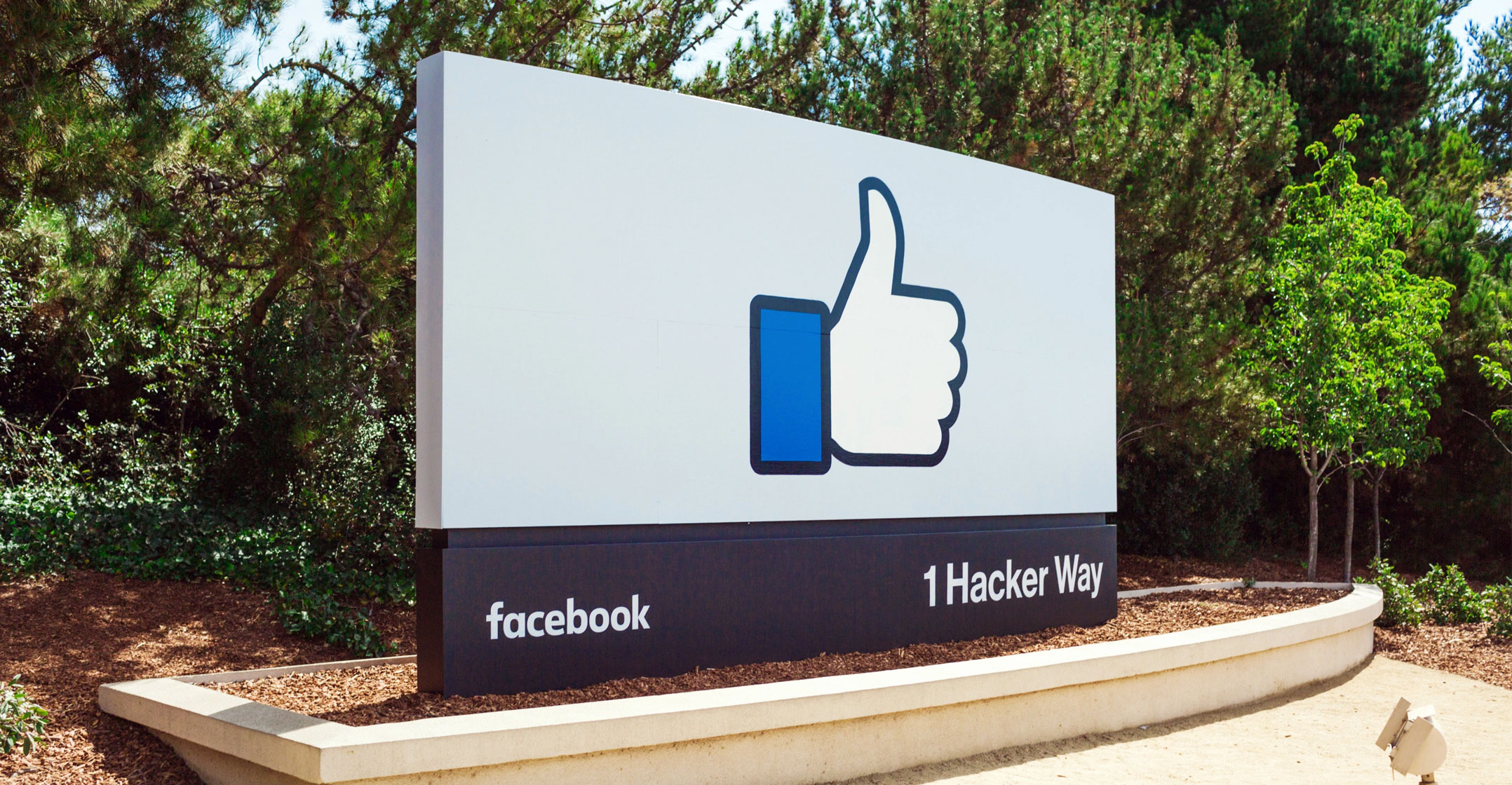
Facebook is starting to comply with new privacy rules in Europe. And then, to get ahead of scrutiny everywhere else, the company said it will provide the same protections to the rest of its two billion users.
Users in Europe this week will get notifications about some of the information they’re sharing, like their religion and political views, and will be asked whether they want to keep it on their Facebook profiles ahead of strict new privacy rules that take effect in the European Union on 25 May. The company is also going to reduce the amount of data it gives on users who are younger than 16 years old, no matter where in the world they live.
“Even where the law doesn’t require this, we’ll ask every teen if they want to see ads based on data from partners and whether they want to include personal information in their profiles,” Facebook said Wednesday in a blog post.
During an earnings call in January, Facebook said that Europe’s General Data Protection Regulation could lead to a decrease in active users in that market, and cause some people to opt out of the company’s ad targeting tools. That was before Facebook faced a crisis of trust with its users because of a data leak that led CEO Mark Zuckerberg to testify last week in front of the US congress.
The new rules, which will apply to any company with EU user data, are becoming a model for how to regulate digital firms around the world. For Facebook, it will be easier to apply the rules as widely as possible to avoid separate rounds of regulation.
In Facebook’s prompts for users, the social network explains that giving information is optional — but also makes a case for why the company needs it to create more personalised experiences. Advertisers can choose to target their ads to the right market based on the information users provide in their profiles and how they interact on Facebook. The more data users give the company, the more specifically advertisers can reach users, Facebook said. — Reported by Sarah Frier and Stephanie Bodoni, (c) 2018 Bloomberg LP




